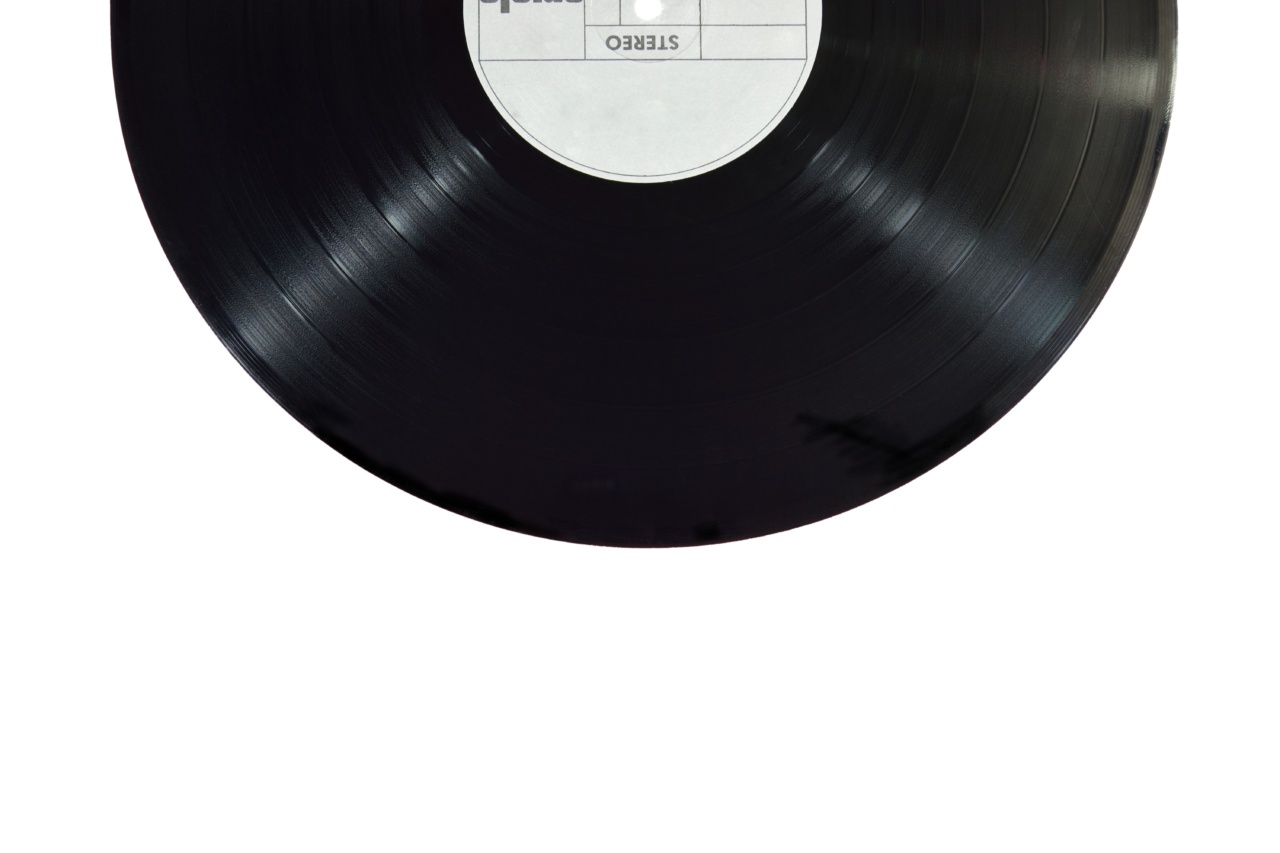Disc herniation surgery is a procedure that is typically recommended when conservative treatment methods fail to alleviate symptoms.
The thought of undergoing surgery may be frightening, but it is important to understand that the procedure can help to relieve pain, numbness, and weakness in the affected area. After surgery, it is important to follow your surgeon’s post-operative instructions to ensure a safe and smooth recovery. Here are some tips for a successful post-operative period:.
1. Rest
Rest is critical during the post-operative period. Your surgeon will recommend a period of bed rest after surgery, followed by a gradual return to normal activities.
It is important to avoid any activities that may place strain on your back, such as lifting heavy objects or bending over. Your surgeon may also recommend the use of a back brace to support your spine during your recovery.
2. Follow Up with Your Surgeon
Your surgeon will schedule follow-up appointments to ensure that you are healing properly. It is important to attend all of these appointments and to inform your surgeon of any concerns or complications that you may be experiencing.
Your surgeon may also recommend physical therapy to help you regain strength and flexibility in your back.
3. Manage Pain
Pain is a common side effect of disc herniation surgery. Your surgeon may prescribe pain medication to help manage your discomfort during the post-operative period.
It is important to take your medication exactly as prescribed and to discuss any concerns or side effects with your surgeon.
4. Stay Active
While it is important to rest during the initial post-operative period, it is also important to remain as active as possible. Your surgeon may recommend specific exercises to help restore strength and flexibility to your back.
It is important to follow these instructions carefully to avoid further injury.
5. Eat a Balanced Diet
Eating a balanced diet can help to support the healing process. It is important to include plenty of protein, vitamins, and minerals in your diet to support tissue repair and regeneration.
Your surgeon may also recommend specific dietary restrictions or supplements to support your recovery.
6. Quit Smoking
Smoking can impede the healing process and increase the risk of complications after surgery. If you smoke, it is important to quit before surgery and to avoid smoking during the post-operative period.
7. Practice Good Posture
Good posture is important for maintaining proper alignment and reducing strain on your back. Your surgeon may recommend certain exercises or postures to help you maintain good posture during your recovery.
8. Lift Properly
Lifting heavy objects can place strain on your back and increase the risk of further injury. Your surgeon may recommend specific lifting techniques to help you avoid injury during your recovery.
9. Follow Activity Restrictions
Your surgeon will provide specific activity restrictions to help you avoid further injury during your recovery. It is important to follow these restrictions carefully to ensure a safe and successful recovery.
10. Stay Positive
Recovery from disc herniation surgery can be a long process, and it is important to stay positive and patient during the post-operative period.
With proper care and attention, most patients are able to regain their strength and return to normal activities within a few months of surgery.



























